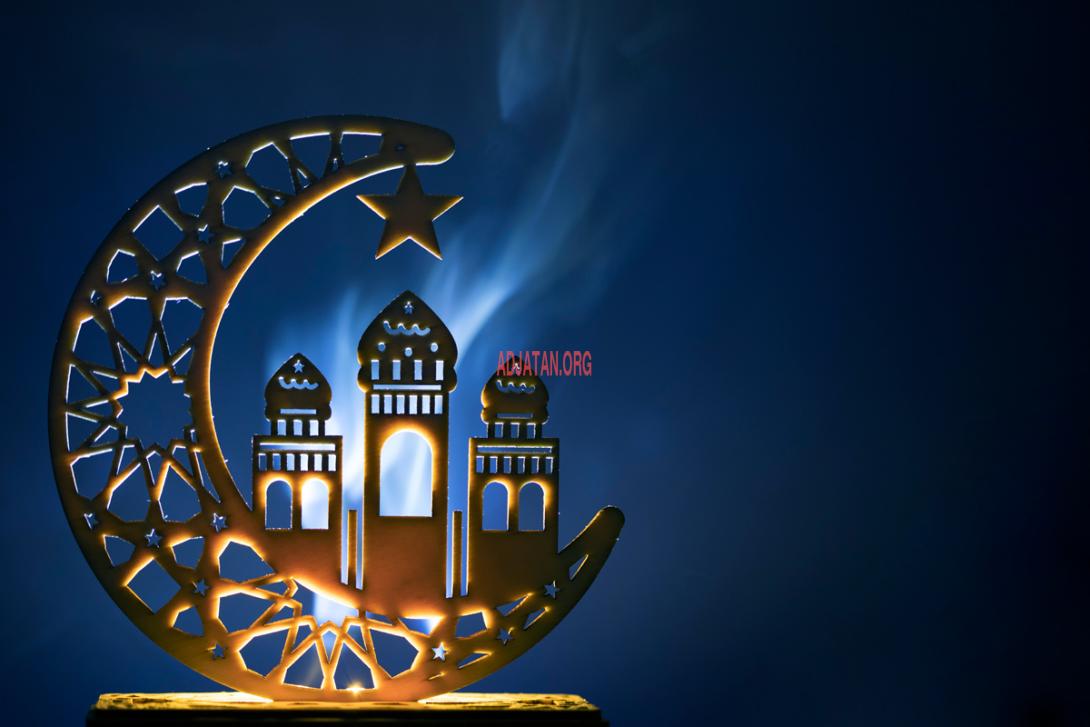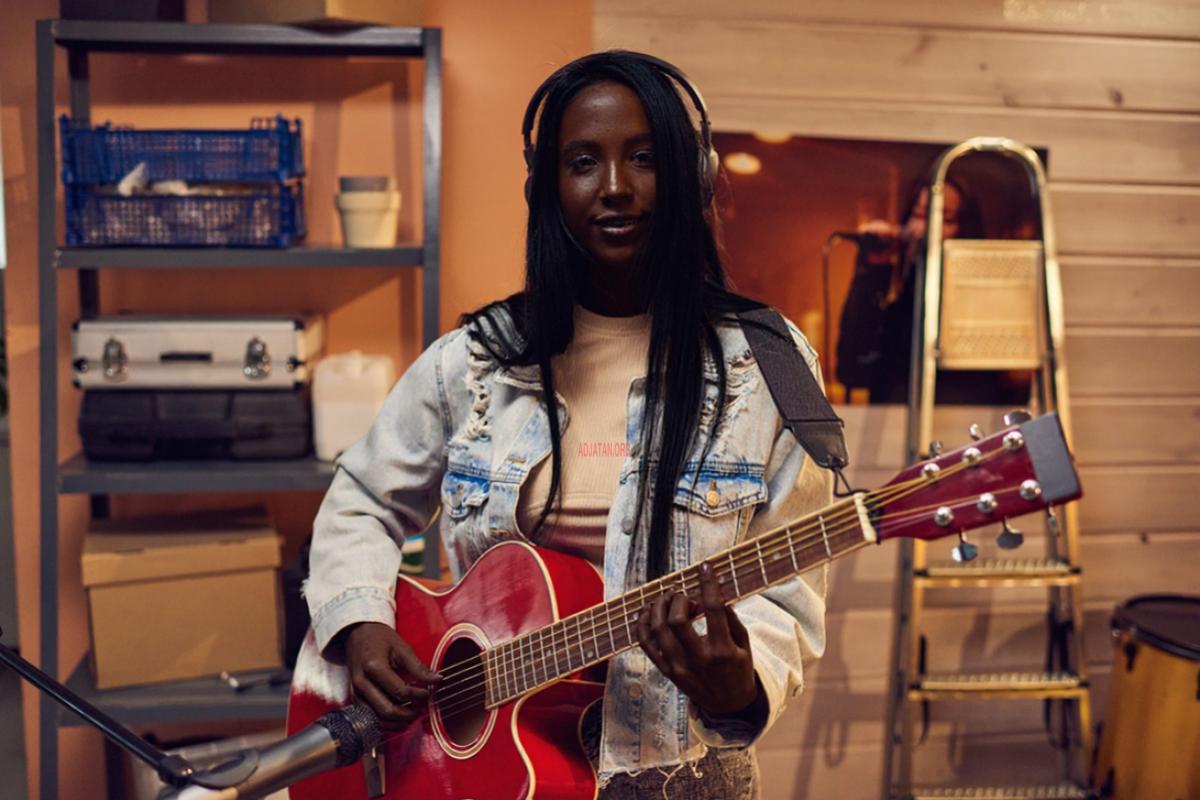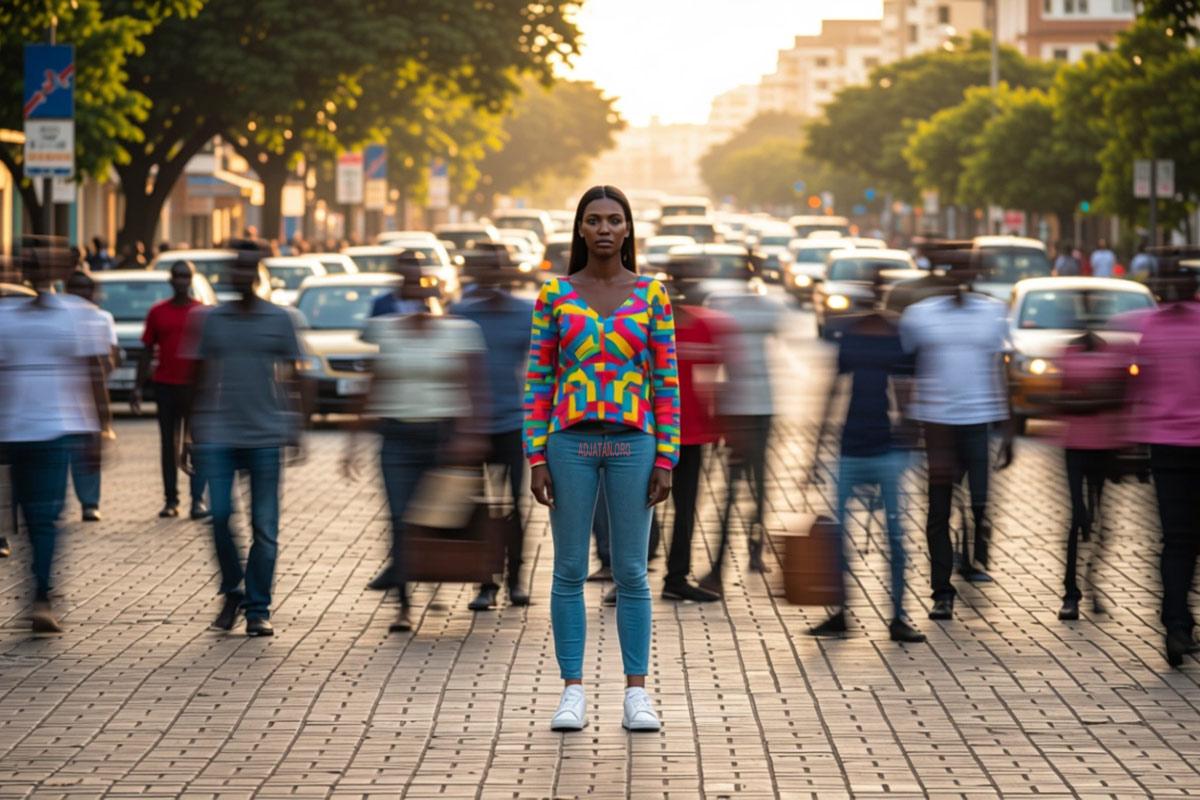
Ramadan, a fundamental pillar of Islam, represents much more than a simple period of abstinence. This sacred month, during which the faithful abstain from food and drink from sunrise to sunset, constitutes above all a time of spiritual purification, deep reflection and, remarkably, increased generosity toward others.
Ramadan 2025: Dates and significance
Ramadan 2025 began on March 1st and will end around March 30th, according to the observation of the lunar crescent. During these twenty-nine or thirty days, Muslims around the world live to the rhythm of a rigorous discipline, interwoven with moments of sharing of inestimable value.
Abidjan: Cultural and religious mosaic
Abidjan, this bustling metropolis where I reside, has approximately 5.2 million inhabitants. The Muslim population represents approximately 40% of residents, which means that about two million Abidjanais are currently observing the fast.
This substantial proportion explains why, when wandering through the neighborhoods of Abidjan, the probability of having a Muslim neighbor is almost a mathematical certainty. The buildings, streets, and markets teem with a diversity that enriches this Ivorian city.
Kolo Touré: Generosity of an Ivorian figure
And since we're discussing the neighborhood, let's examine an edifying example concerning my neighbor. No, he isn't an anonymous person, but rather Kolo Touré, an illustrious Ivorian footballer whose home – although often unoccupied – becomes, each Ramadan, the epicenter of exemplary generosity.
Although rarely physically present, this renowned sportsman has orchestrated, for five years, a remarkable daily distribution of delectable dishes. Each afternoon, a team specially recruited for the occasion busies itself preparing and distributing snacks for breaking the fast.
The menu, a subtle blend of West African culinary traditions, includes a creamy cereal porridge accompanied by fritters with names as diverse as they are flavorful: "yovodoko" for the Fon people of Benin, simply "doko" in the Adja language of Benin, "botokoin" according to Ewe terminology in Togo, or even "gblofoto" in the local Ivorian dialect.
Let's not forget the famous "gnomi," this miniature fritter that is nonetheless complex in its conception! This little culinary jewel, popular in both Ivory Coast and Mali, requires a precise alchemy: millet flour, wheat flour, rice flour, rice porridge and, as a supreme innovation, ripe bananas for unequaled sweetness. A true gastronomic feat!
The symbolism of giving during Ramadan
By organizing these daily distributions, my Ivorian neighbor embodies the prophetic maxim according to which "the best among you is the one who feeds others." His gesture, detached from any ostentation linked to his celebrity or financial situation, illustrates the authenticity of a solidarity deeply rooted in the values of Ramadan. It reminds us that fasting also aims to develop empathy toward those who, not by spiritual choice but by necessity, experience hunger daily.
A blessed month for all
The remarkable assiduity of this team, which for five years has never missed a single day of distribution, commands admiration. Their dedication transforms this city into a place where, paradoxically, privation generates abundance and where sharing transcends national and cultural differences.
To all Muslims in Abidjan, Ivory Coast, and around the world, I therefore wish a most fruitful "Ramadan Kareem." May this month of fasting also be for everyone – practitioner or not, Ivorian or foreigner – an opportunity to meditate on the importance of solidarity in our contemporary societies.
For ultimately, isn't this the universal message that Ramadan teaches us? Whether one discovers the Ivorian "gblofoto" or the "gnomi" with wonder, what truly matters is sharing our table – even if it is temporarily empty during the day – with those around us!





